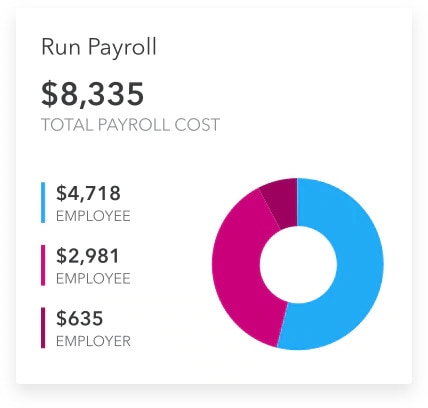There are several types of accounts receiving fraud, but lapping fraud is perhaps one of the most common and easiest to prevent. It’s a form of employee theft that involves stealing or misappropriating accounts receivable payments.
A typical scheme starts with someone who handles the books pocketing a payment made toward an account receivable. The bookkeeper then takes the next payment received for a second account receivable entry and uses it to cover the first receivable. The third payment gets used to cover the second account receivable and so on. This scheme can continue indefinitely until a receivable gets written off as a bad debt, the employee leaves the company, or the employee gets caught.
For example, imagine you’re a bookkeeper for a very small business, and in addition to recording payments, you handle all incoming cheques, and prepare and make bank deposits.
Customer X sends in a cheque for $1,000 to cover invoice 101. Instead of depositing this cheque, you cash it and keep the money. When Company Y sends in a cheque for $1,200 for invoice 102, you apply this money to the amount outstanding from invoice 101. When Company Z sends in a cheque for invoice 103, you use this cheque to cover the amount outstanding from invoice 102, and so on.
Lapping occurs most frequently in smaller businesses when just one employee handles cash and accounting tasks. As an accountant, you’re in the best position to understand this crime and advise clients how to prevent it. Conducting internal audits can reveal irregularities, especially if they’re done on a regular basis, such as monthly. Your firm can also hire a professional auditor or forensic accountant to conduct annual reviews or investigate irregularities.
Instituting controls that prevent lapping from occurring are another solution. These can include:
- Stamping all cheques “For Deposit Only” so they can’t be cashed
- Having someone other than the cashier send statements to customers, or sending automatically generated receipts
- Matching incoming cheques to invoices and imaging the two
- Splitting up receiving, recording, and deposit duties
- Having customers pay directly to a lock box service
- Maintaining tight control over who can write off bad debts
Since some small businesses may operate on a razor-thin margin, your advice and expertise can make all the difference for your client staying in business and continuing to be your client.



